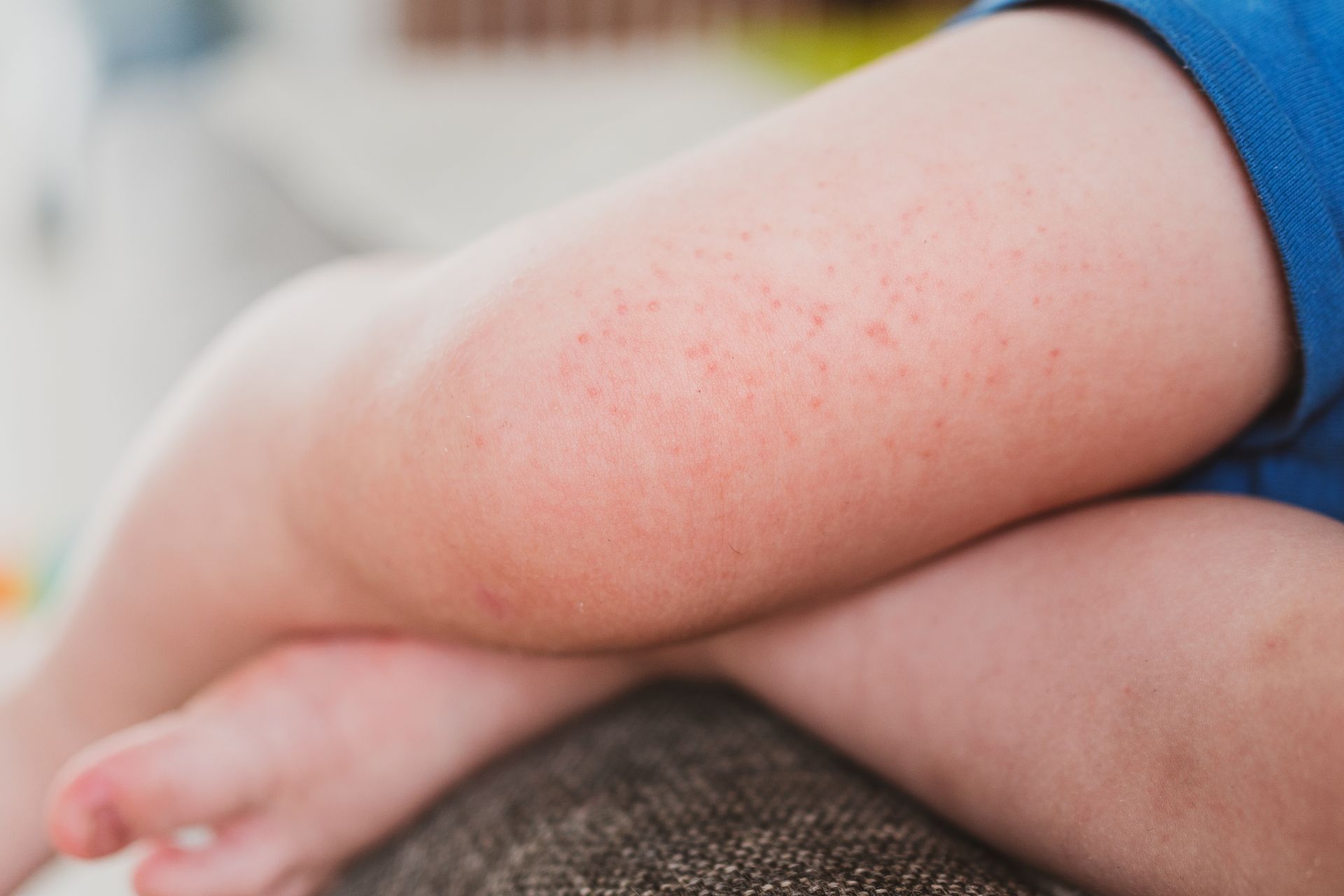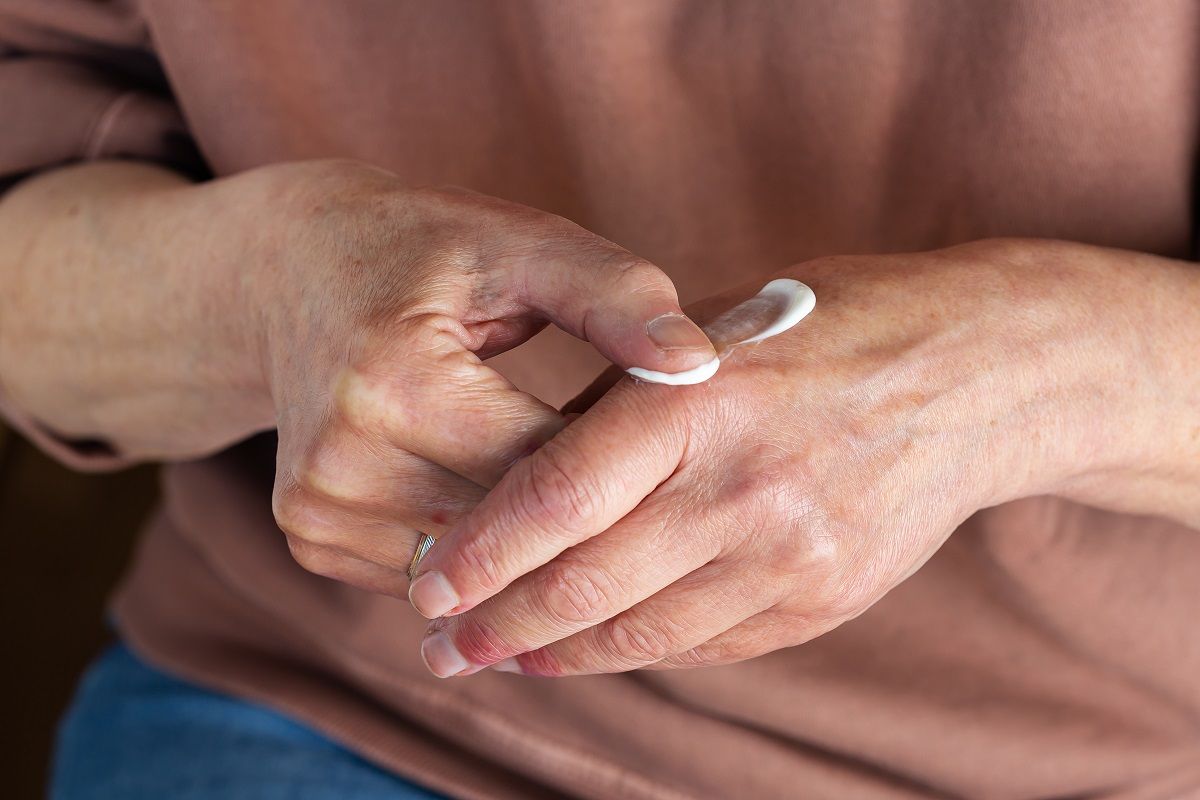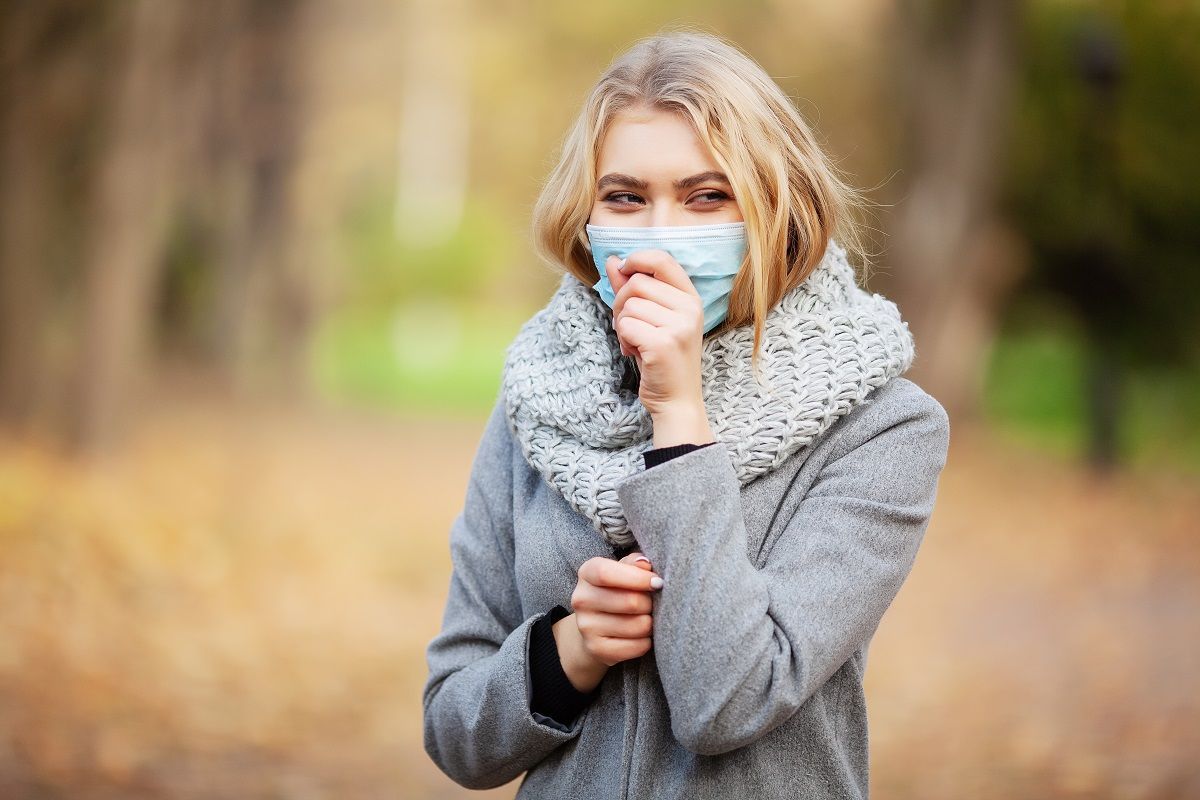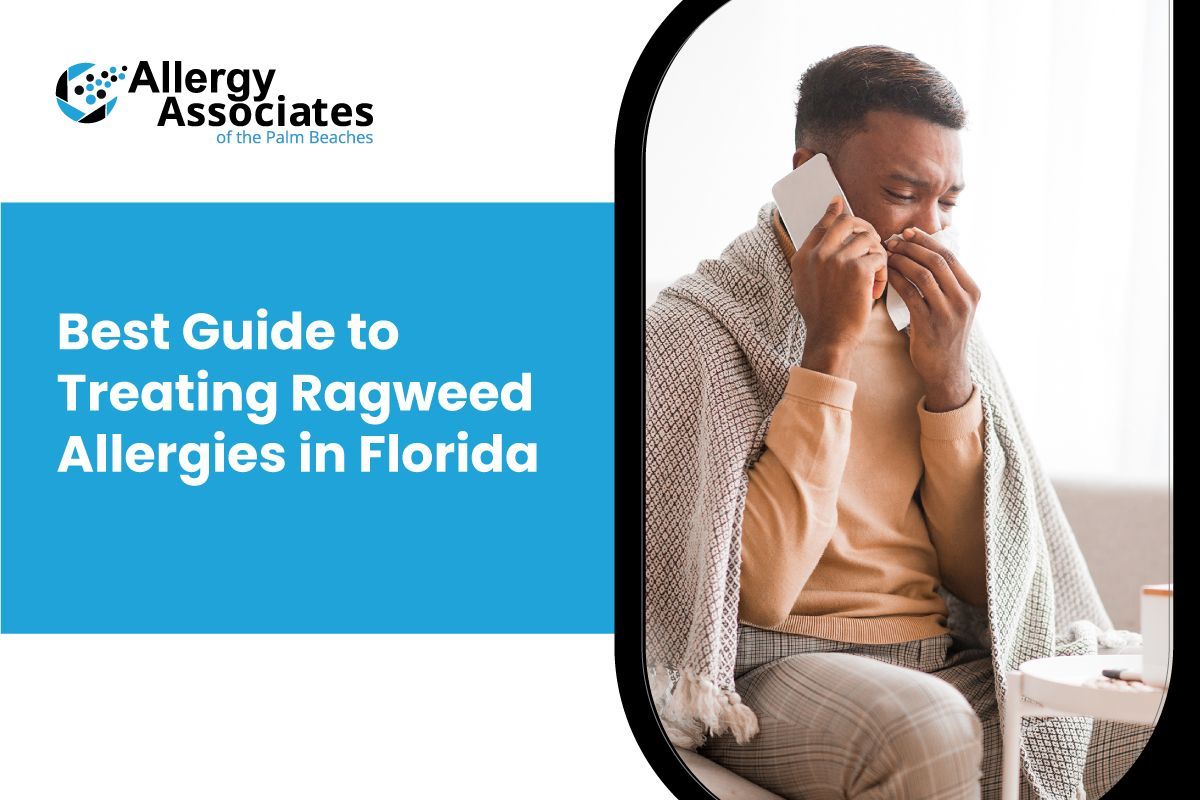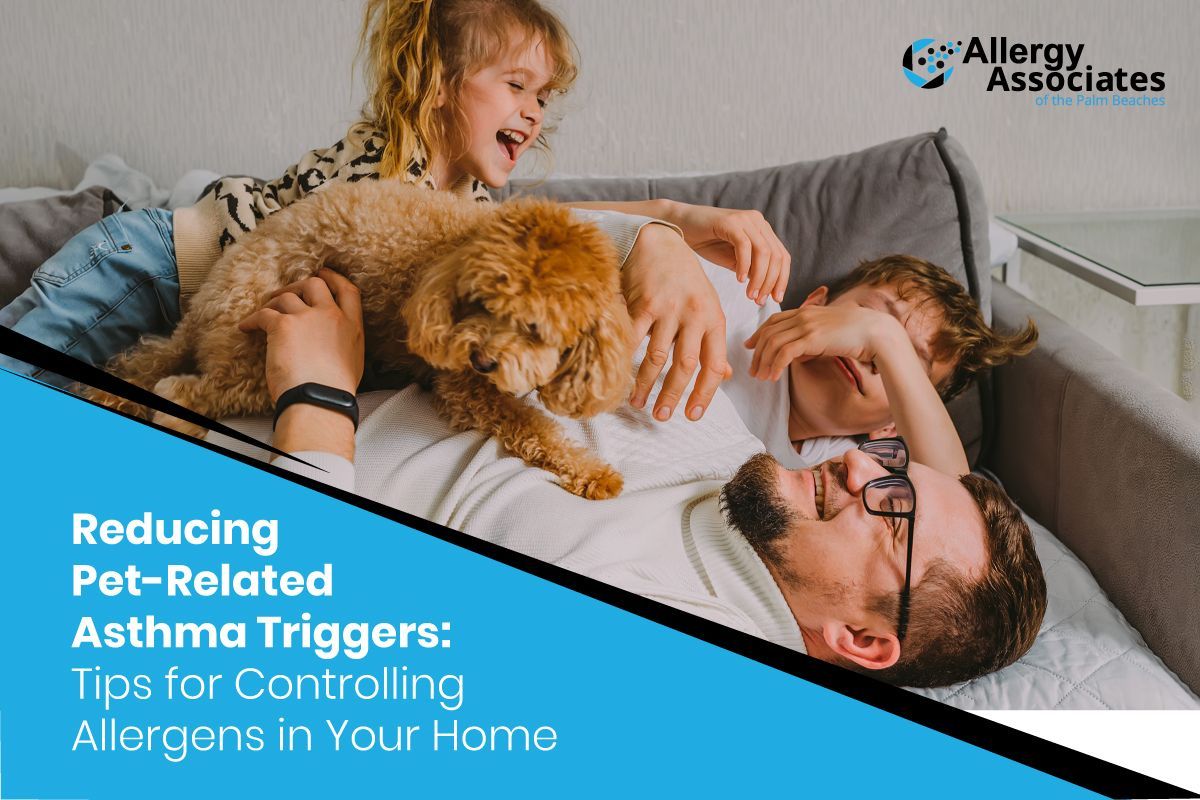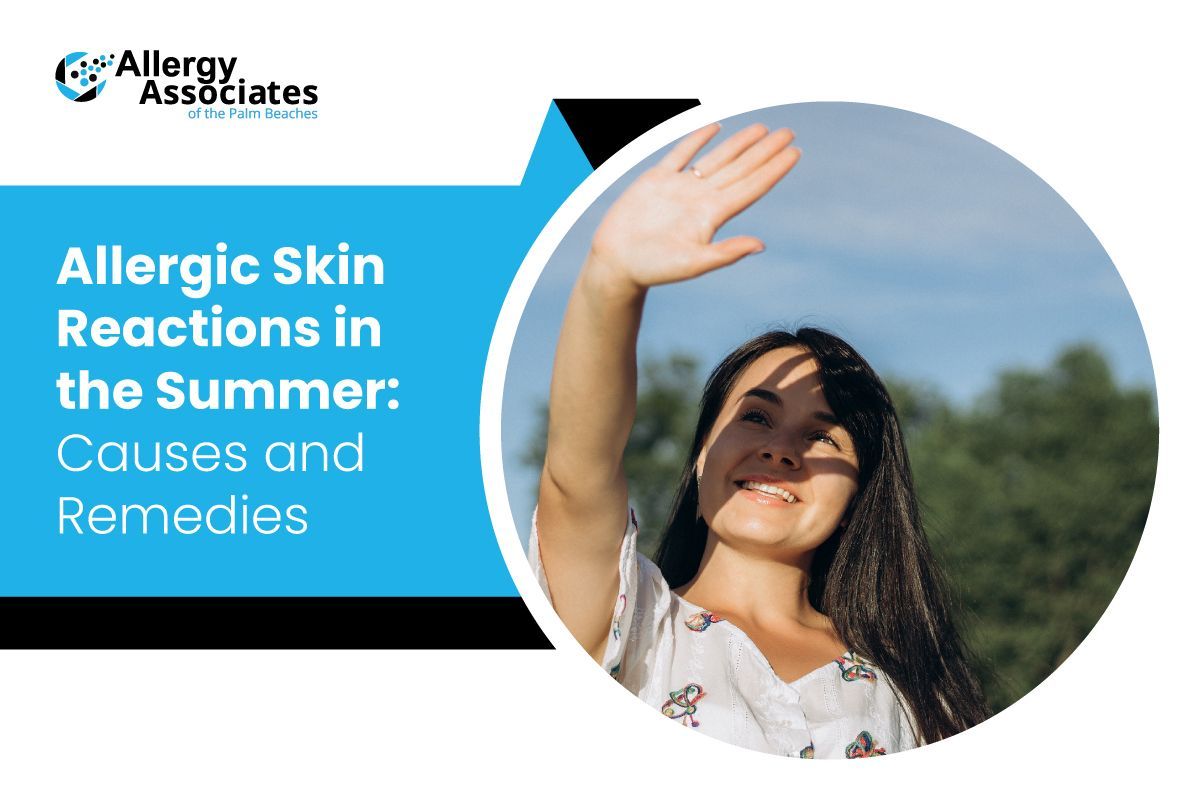
There are many ways to cope with skin allergies. However, the treatment for skin allergy depends on the type of skin allergy you have. Different kinds of skin conditions require specific treatment for effective management. Here, we'll discuss the ideal treatment for various skin allergies. We are also going to define "skin allergy" and its types. So, without further delay, let's begin.
What are Skin Allergies?
Skin allergy occurs when a harmless substance comes into contact with your skin, and your immune system reacts as if they are harmful. These substances may be from regular items like soap, wool, pollen, plants, or food. Allergic reactions usually come after. It typically results in skin rash or hives.
Before jumping into the different skin allergies, let's talk about the common symptoms first.
Common Symptoms
The typical symptom of skin allergies is skin rash, accompanied by redness and itchiness. The redness usually starts with a tiny bump that grows bigger when scratched. What's more, the reddish spot sometimes multiplies when irritated.
Although there are several types of skin allergies, they have common symptoms. You may experience a combination of:
- Swelling
- Redness
- Scaling/flaking of skin
- Raised bumps
- Itching
- Cracked skin
- Rash
Note:
Studies say that allergic reactions change over time. You could experience different symptoms with every episode. So, don't expect every allergic reaction to be the same.
Types of Skin Allergies
Here's our compilation of the different skin allergies with their definitions and treatment tips.
Hives (Urticaria)
You can identify hives with their unique character as the reddish, raised bumps on the skin with a pale center. These rashes change location and may or may not cause itchiness.
Here are the allergens that trigger hives:
- Latex
- Insect bites/ stings
- Food, like peanuts, eggs, nuts, and shellfish
- Drugs like antibiotics penicillin, sulfa, aspirin, and ibuprofen
- Physical stimuli, like pressure, cold, heat, exercise, or excessive sun exposure
Treatment and Coping Tips:
Effective skin allergy treatment starts with identifying the triggers. You can quickly reduce the risks of experiencing hives if you know what to watch out for. In addition, the most common medication that allergists recommend is an antihistamine. This drug can be purchased over-the-counter or with a prescription.
Additional Tips:
How to get rid of allergy rash:
- Cold compress
- Aloe vera
- Calamine lotion (cream for allergic reactions)
These simple yet effective approaches are ideal if you don't have time to visit an allergist. On the other hand, the results may be temporary, so seeing your doctor will always be your best bet.
Eczema (Atopic Dermatitis)
People develop eczema during their childhood, but in some cases, it could appear in adolescence or adulthood. Here are the locations where eczema often develops:
- Behind the knees
- Elbow creases
- Eyebrows
- Hands
- Neck
- Face
Too much scratching results in exaggerated skin markings. What's more, the area could develop a strange case of pigmentation.
Treatment and Coping Tips:
Moisturizers and topical ointments are the most effective treatment for eczema. It reduces inflammation and itchiness and alleviates the overall discomfort. Moreover, antihistamines work perfectly.
Additional Tips:
Worst cases of eczema require antibiotics. Primarily when your allergist determines that the trigger comes from bacterial infection. Symptoms include:
- Crusting on the skin
- Oozing
- Pain in the affected area
You can also try:
Coconut oil - adds moisture to the skin.- Honey - for its natural antibacterial properties.
- Gentle soaps - to reduce the risks of a flare-up.
Contact Dermatitis
Contact dermatitis looks similar to eczema. But it differs from its triggers. The rashes only appear when your skin comes into contact with offending substances. Like eczema, it causes redness, inflammation, itchiness, and discomfort.
Here are the common parts where contact dermatitis often occurs:
- Hands
- Feet
- Face
- Eyelids
- Neck
Treatment and Coping Tips:
Aside from oral medications like antihistamines, steroid creams or ointments are usually used. These medications help relieve the symptoms and provide a soothing effect on the affected area of the skin.
Watch out for these triggers:
- Poison ivy
- Poison oak
- Poison sumac
- Nickel in jewelry
- Cosmetics
- Antibiotic creams
- Rubber
- Shoe chemicals
Additional Tips:
Do not scratch the affected area as much as possible. Scratching can worsen the inflammation and possibly contaminate the skin with bacteria. Cover the affected part with a dressing to prevent complications.
When to See an Allergist
The best time to consult your allergist is when the medications yield little effect on your allergy. When symptoms get worse instead of better, it is best to seek the help of a professional. Although some of the symptoms of skin allergies are mild to moderate, there is a chance that they could get worse. It pays to learn what's good for allergic reactions.
Trying skin allergy medicines is OK. However, a doctor's diagnosis is still the best. If you think that your or a family member's skin condition worsens, visit your allergist as soon as possible. They can provide the best medications for skin allergies.
A Word from Allergy Associates of the Palm Beaches
Living with skin allergies can be very challenging. It affects your self-esteem and social life. Don't fret. The Allergy Associates of the Palm Beaches is with you every step of the way.
We guarantee top-notch allergy treatment using evidence-based methods, backed by years of experience and a proven track record. We're here to improve your quality of living by helping you cope with skin allergies. Click on this
link to find a clinic near you, or call us for an appointment schedule. Dial 23423432 today.
Allergy Associates of the Palm Beaches
Allergy Associates of the Palm Beaches | All Rights Reserved.



